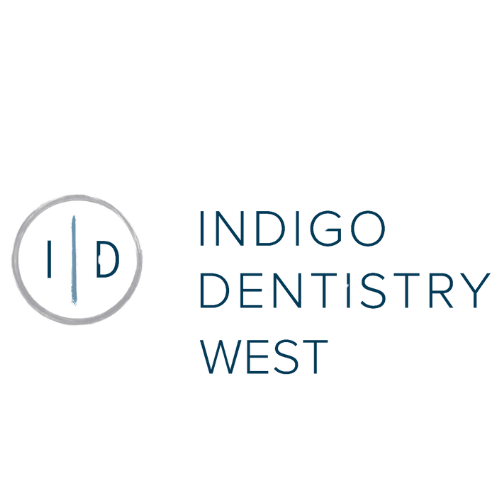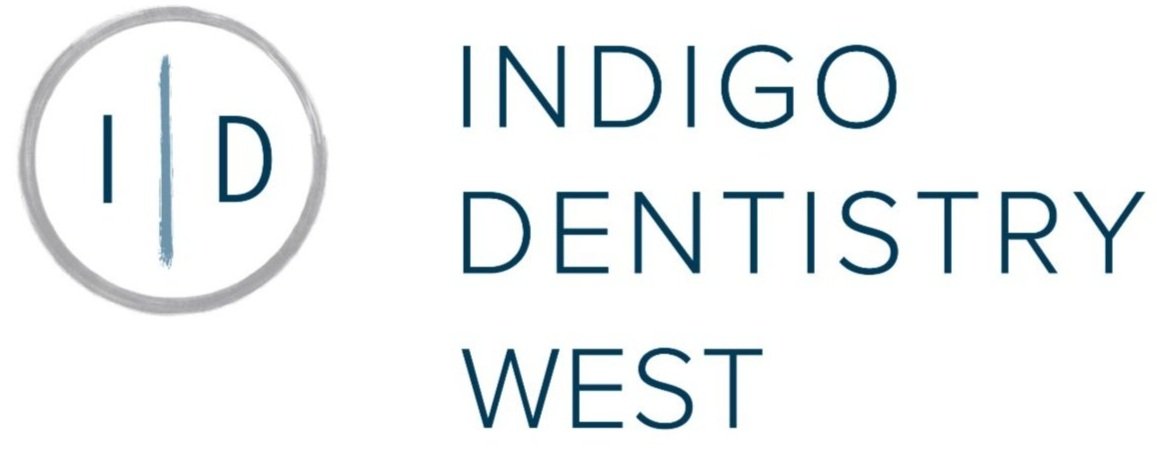Understanding Gingivitis: A Comprehensive Guide to Treatment and Prevention
1. Understanding Gingivitis: What is it and how does it develop?
Gingivitis is a common but serious oral health condition that affects many individuals worldwide. Characterized by inflammation of the gums, gingivitis can lead to more severe dental issues if left untreated. At Indigo Dentistry West, we understand the importance of educating our patients on how to prevent and treat gingivitis effectively. In this comprehensive guide, we will delve into the causes and symptoms of gingivitis, as well as provide expert advice on prevention strategies and treatment options. Join us as we explore everything you need to know about dealing with gingivitis and maintaining optimal oral health.
2. Importance of Early Detection: Why catching gingivitis early is crucial
Early detection of gingivitis is paramount in preventing its progression to more severe forms of gum disease. By recognizing the signs of gingivitis such as swollen or bleeding gums, individuals can seek timely dental intervention and prevent further oral health complications. Regular dental check-ups play a vital role in identifying gingivitis in its early stages, allowing for prompt treatment and effective management. Stay tuned as we delve into the significance of early detection in combating gingivitis and safeguarding your dental health.
3. Prevention Strategies: Tips for maintaining good oral hygiene
Maintaining good oral hygiene is key to preventing and managing gingivitis effectively. Brush your teeth at least twice a day and floss daily to remove plaque buildup. Use an antiseptic mouthwash to reduce bacteria in your mouth. A balanced diet rich in vitamins and minerals can also boost your immune system and help prevent gum disease. Avoid tobacco products and limit sugary or acidic foods and drinks that can erode tooth enamel. Regular dental cleanings and check-ups are essential for early detection and treatment of gingivitis. By incorporating these prevention strategies into your daily routine, you can protect your gums and overall oral health. Stay tuned for more tips on treating gingivitis in our next blog post.
4. Treatment Options: From professional cleanings to at-home care
Treatment options for gingivitis range from professional cleanings to at-home care techniques. Professional dental cleanings are crucial for removing tartar buildup that cannot be removed by regular brushing. Your dentist may also recommend scaling and root planing to deep clean the gum line and roots of your teeth. At home, using an electric toothbrush can help remove plaque more effectively. Anti-gingivitis toothpaste and mouthwash with fluoride can aid in reducing inflammation and preventing further gum disease progression. Stay consistent with your oral hygiene routine and follow your dentist's recommendations for the best results in treating gingivitis effectively.
5. The Role of Diet and Lifestyle: How your habits can impact gingivitis
Your diet and lifestyle choices play a significant role in the development and progression of gingivitis. Consuming sugary and acidic foods can contribute to plaque buildup and inflammation in the gums. It's crucial to maintain a balanced diet rich in fruits, vegetables, and water to support overall oral health. Additionally, smoking and excessive alcohol consumption can weaken your immune system, making it harder for your body to fight off gum disease. Adopting a healthy lifestyle, including regular exercise and stress management techniques, can also positively impact your gum health. Making mindful choices in your daily habits can greatly improve your gingivitis prevention efforts.
6. Regular Dental Check-ups: The importance of routine visits to the dentist
While monitoring your diet and lifestyle is crucial in managing gingivitis, regular dental check-ups are equally essential. Scheduling routine visits to your dentist allows for early detection of gum disease and prompt treatment. Your dentist can provide professional cleanings to remove plaque and tartar buildup, reducing the risk of gingivitis progression. Moreover, they can offer personalized advice on oral hygiene practices and recommend specific treatments to address your individual needs. Don't overlook the significance of preventive care - prioritize regular dental check-ups to maintain optimal oral health and prevent the advancement of gingivitis.
7. Taking Control of Your Oral Health: Empowering yourself to combat gingivitis
Taking control of your oral health is key in combating gingivitis effectively. Adopting a thorough oral hygiene routine, including brushing twice daily and flossing regularly, is essential for preventing plaque buildup and maintaining healthy gums. Additionally, consider using an antiseptic mouthwash to further reduce bacteria in your mouth. Educate yourself on the early signs of gingivitis, such as bleeding or swollen gums, and seek prompt dental care if you notice any symptoms. By empowering yourself with knowledge and proactive habits, you can play an active role in preserving your gum health and preventing gingivitis from progressing. Stay committed to your oral care regimen for long-term dental wellness.
8. Conclusion: A summary of key points and encouragement to prioritize oral health
In conclusion, prioritizing oral health is crucial in the fight against gingivitis. By maintaining a diligent oral hygiene routine, being aware of the signs of gingivitis, and seeking prompt dental care when needed, you can take control of your gum health and prevent further complications. Remember, your oral health is a reflection of your overall wellbeing, so investing time and effort into caring for your gums is an investment in your overall health. Stay committed to your oral care regimen, attend regular dental check-ups, and make informed decisions about your oral health to ensure a healthy and vibrant smile for years to come. Your gums will thank you.

